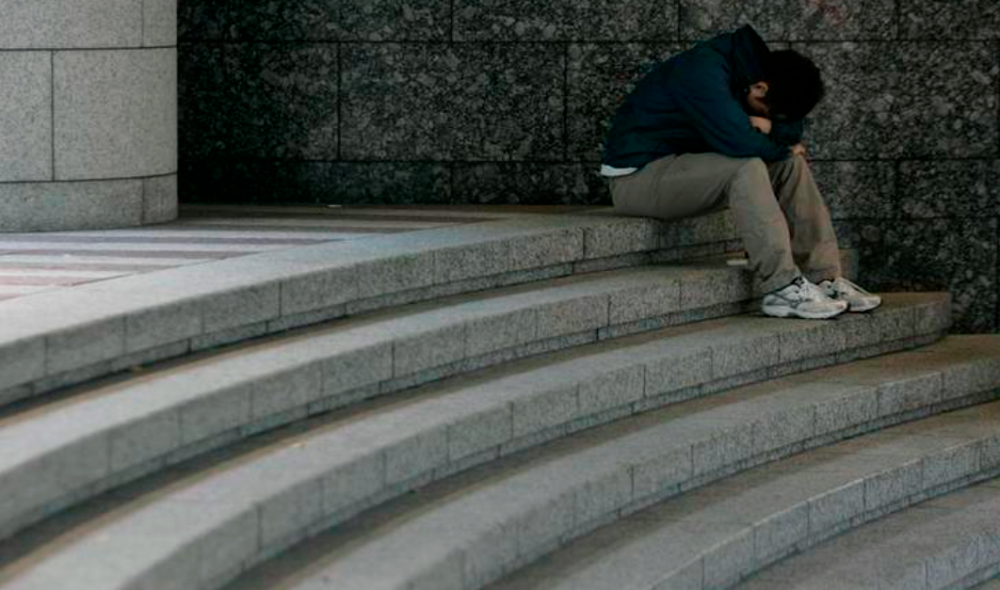PETALING JAYA: With the rising number of domestic violence and abuse cases in the country, survivors are in dire need of rehabilitation programmes with innovative approaches to help quicken the healing process.
Clinical psychologist Dr Ainul Azreen Johari said police data released last year showed that 7,468 cases of domestic violence and abuse were recorded in 2021, which is the highest thus far.
She said this compares with Women, Family and Community Development Ministry records, that contained a total of 19,268 such cases for three years – from 2020 to 2022.
Ainul Azreen said with the help of effective psychological interventions, rehabilitation programmes and support networks, survivors could learn to overcome their trauma and get on with life.
“Survivors of domestic violence and abuse often face a range of physical and emotional challenges that can leave them feeling isolated, helpless and alone. To overcome these challenges, victims should seek counselling at rehabilitation centres,” Ainul Azreen said.
A 34-year-old domestic violence and abuse survivor, who wished to be known only as Racheal, said by the time she got married at the age of 28 and had a child shortly after, the verbal, emotional and physical abuse from her husband had become a common part of her marriage.
“Although there were occasional glimpses of the person I thought he was when I fell in love with him, I found myself considering leaving my husband several times. I packed a few things and some money, but the reality of my situation always set in before I made a move.
“In spite of working two jobs, all my money went into his account, which made it difficult for me to afford to rent a room. I wasn’t ready to burden my parents and lived in fear of his threats, until my colleague told me about an NGO that provided free shelter, counselling and crisis support to abused women and children.”
Racheal said she thought she would not survive without her husband but her colleague, the NGO and a specialist there protected her until she recovered from the abuse.
Ainul Azreen said the most effective treatment for survivors of domestic violence and abuse include psychotherapy, group therapy and social support.
“It is essential that all medical professionals are trained to recognise signs of domestic violence and provide support to their patients.
“Survivors should also be encouraged to seek psychological help in the aftermath of their trauma. This can be done by providing them with access to information about support lines and mental health clinics.”
She said psychological interventions can play a crucial role in the recovery process of domestic violence and abuse victims.
“A psychologist can help reduce shame, fear, and deprogramme the information that an abuser may have instilled.”
Ainul Azreen said NGOs dealing with domestic violence and abuse could also increase social support for survivors by rebuilding connections with family and friends the abusers may have cut off. A safety plan is also vital to ensure survivors can maintain distance and stay safe from their abusers.
“Survivors who seek rehabilitation programmes often face common challenges, such as lack of resources and fear of leaving their situation.
“Psychologists and medical professionals can help bridge the gap by discussing how a survivor can access rehabilitation programmes and provide them with guidance on how to reach such facilities.
“To assist individuals to overcome domestic violence and abuse, rehabilitation centres and shelters for survivors must be easily noticed by the public.”
Ainul Azreen said support networks play a vital role in the rehabilitation process for survivors of domestic violence, adding that community leaders, friends and family members should be educated about it as well, to provide meaningful support to survivors.
There are resources available for funding and supporting rehabilitation programmes for domestic violence survivors. These include hotlines, emergency rooms and clinics that provide psychological treatments.
Ainul Azreen said it is essential to remember that domestic violence is a complex problem, and survivors need support and guidance to escape their situation.
“With the help of effective psychological interventions, rehabilitation programmes and support networks, survivors can overcome the emotional and physical challenges of domestic violence and abuse,” she said.









